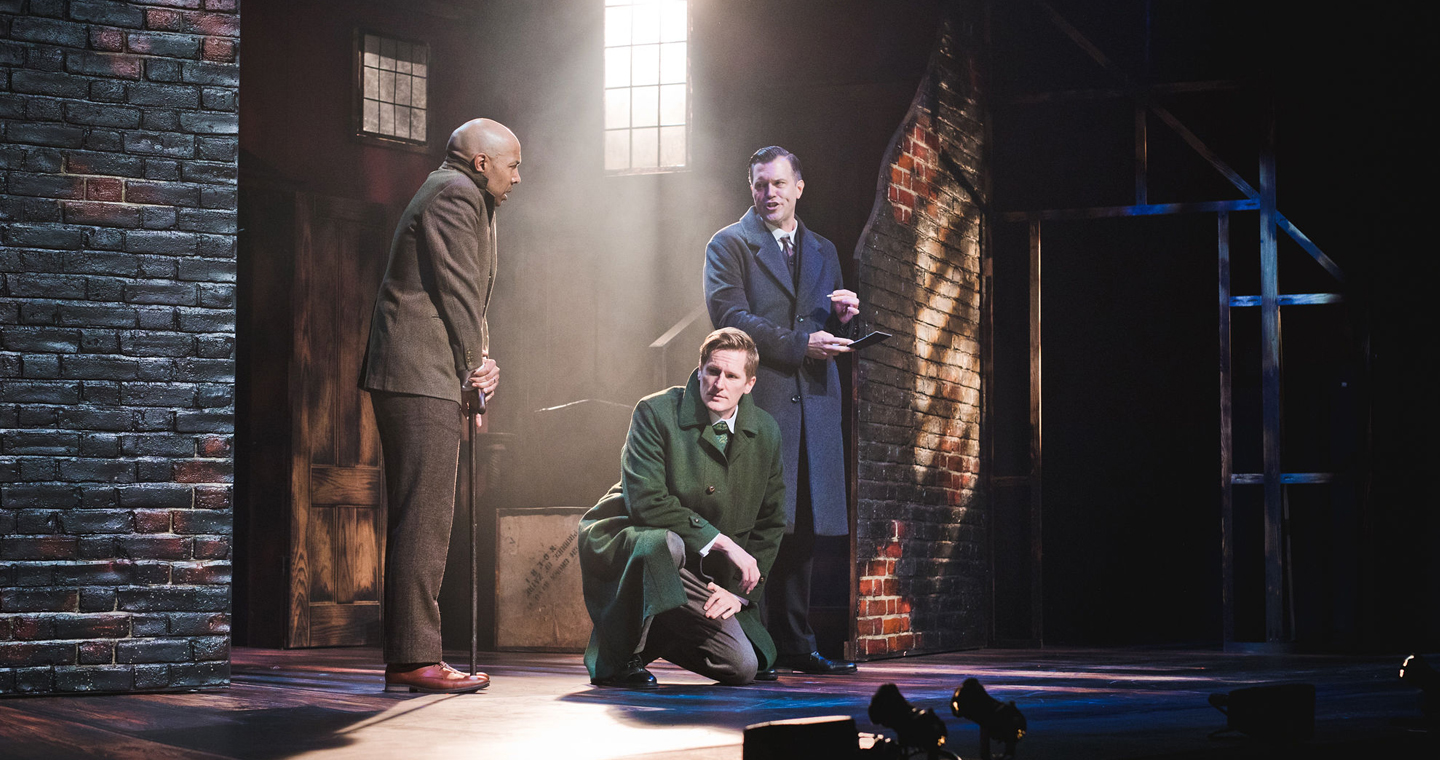Presented for the first time at The Amelia Scott in Tunbridge Wells, David Blandy’s Commons is an expansive and thought-provoking new film. This work has been co-commissioned by The Amelia Scott and Film and Video Umbrella as part of the programme for The Open Road.
Blending archive, local history, nature, and storytelling, Commons invites audiences on a journey through the ancient woodlands and shared spaces of Tunbridge Wells Commons.
Drawing on the collections of objects and specimens at The Amelia Scott, Tunbridge Wells, and The Beaney, Canterbury, Blandy’s new piece combines archive film, 3D scans, and newly captured footage of ancient rocks and woodland - common land preserved for all. This expansive work reveals a series of stories told by multiple voices. Like the pilgrims in Chaucer’s Canterbury Tales, non-human subjects and objects recount their experiences across years or millennia, deliberately decentring the human perspective. Inspired by the natural world and ideas of resistance, these characters embark on a pilgrimage through deep time, each speaking from their own subjectivity.
%20by%20David%20Blandy%20%206.jpg)
The work incorporates Amelia Scott’s activism, local filmmaker Frank P. Barnitt’s 1930s nature observations, a 135-million-year-old fossilised bone, a fox, a crow, a kingfisher, and the dislocated hyper-connectivity of a lost phone, as the object itself speaks about the materials
from which it is made. Chaucer’s tale of pilgrimage is reimagined as a matrix of interwoven stories, echoing Donna Haraway’s call for the “modest possibilities of partial recuperation and getting on together.”
Commons is an elegy to nature and the spirit of resistance. Every object holds a life, a story. Blandy summons each object’s subjectivity, drawing on Graham Harman’s object-oriented ontology and the fictive anthropology of Ursula Le Guin. Harman’s philosophy rejects anthropocentrism, proposing that all things, from shadows to clouds to the internet, are objects in relation, with no fixed hierarchy.
Focusing on tales of resistance and hope, Commons redefines the museum experience, animating each object by exploring its inner life. The work is a multifaceted examination of history, the collective and the individual, of what it means to share space and share knowledge, and the transience of life in the face of deep time.
%20by%20David%20Blandy%20%203.jpg)
Commissioned for The Open Road by The Amelia Scott, Tunbridge Wells, as part of the Kent and Medway Museum Partnership National Portfolio Organisation, and Film and Video Umbrella, the film’s production was supported using public funding from Arts Council England.
David Blandy is an artist examining global structures of control and networks of resistance, in areas that range from ecology, history and science to arenas of play. He makes videos, games, sound and ephemera, deconstructing forms to put them back together again. He searches for meaning in cultural life, an expanded form for auto-anthropology, sifting through multiple forms of archive, from historic texts to academic archives, archaeology and ecological theory, twitch streams and film archives; Blandy weaves lyrical works that explore the complexities of the contemporary subject. He builds complex stories that sketch out a future of interdependence, through visual poetry and immersive play.
The Open Road is a series of artists moving image works, co-commissioned by a partnership of visual arts organisations; Film and Video Umbrella, The Amelia Scott, Cement Fields, FLAMIN, Forma, and Three Rivers. It reimagines the age-old tale of a journey taken, weaving together new stories by three contemporary artists. The works are loosely inspired by The Canterbury Tales, drawing from a disparate cast of characters to recount competing stories in a patchwork of styles. David Blandy, Amaal Said and Sam Williams each draw on storytelling traditions to give fresh perspectives on their journeys, on foot, by sea and through time. The newly commissioned works meander through reflections on migration and belonging, untold histories and non-human connections.
%20by%20David%20Blandy%20%204.jpg)
After David Blandy’s Commons at The Amelia Scott in Tunbridge Wells, it’ll continue with Amaal Said’s Open Country at Red House in October 2025, and then on to The Eel’s Tale by Sam Williams with screenings in North Kent in October 2025 and as a part of Canterbury Festival in November 2025.
The works will be screened together at FormaHQ on the evening of Thurs 13 No, with further screenings taking place into next year.
The Amelia Scott is a unique centre that brings people and culture together. It is a place for meeting, getting help, learning, and socialising, with a museum, art gallery, libraries, study spaces, cafe, and council services all under one roof. Books, museum objects, documents, photographs, and visual arts bring alive people’s stories and unexpected tales from Tunbridge Wells and the surrounding area.
Its vibrant programme of exhibitions, workshops, family activities, talks, and events is designed to inspire, engage, and entertain visitors of all ages, offering opportunities for learning, creativity, and community connection.
%20by%20David%20Blandy%20%207.jpg)
The Amelia’s collection reflects the rich history of Tunbridge Wells and the High Weald, with around 60,000 objects encompassing local history, natural history, archaeology, fine and decorative arts, and social history. These collections are showcased throughout the building, with displays exploring themes such as the High Weald, Subbuteo, scientific and political innovation, and Tunbridge Wells as the first holiday resort, among others.
David Blandy presents Commons at The Amelia Scott in Tunbridge Wells on Fri 26 Sept 2025 – Sun 11 Jan 2026.
www.fvu.co.uk/projects/the-open-road
All images from Commons by David Blandyby

SALT Staff Writer
Stay in the loop
Keep up to date with latest news, guides and events with the SALT newsletter.


%20by%20David%20Blandy%20.jpg)
